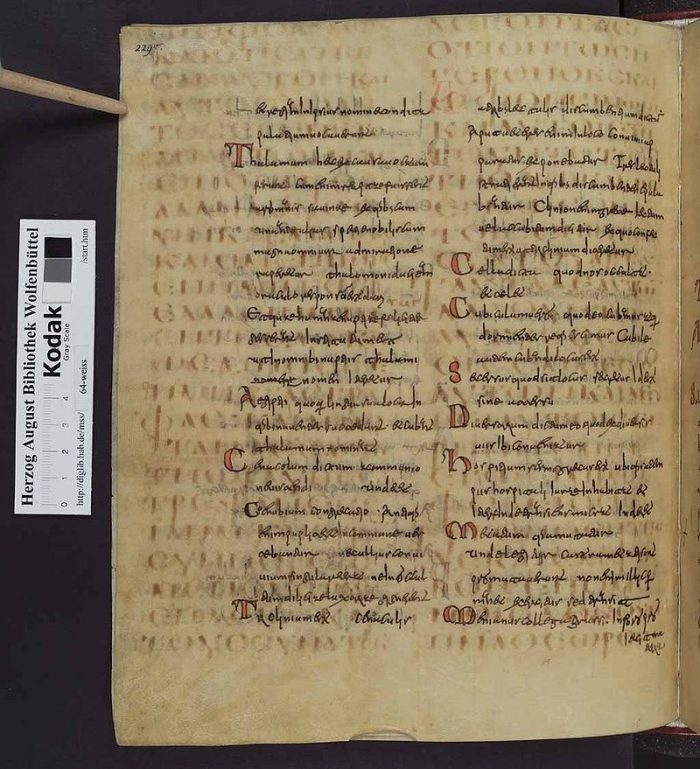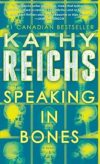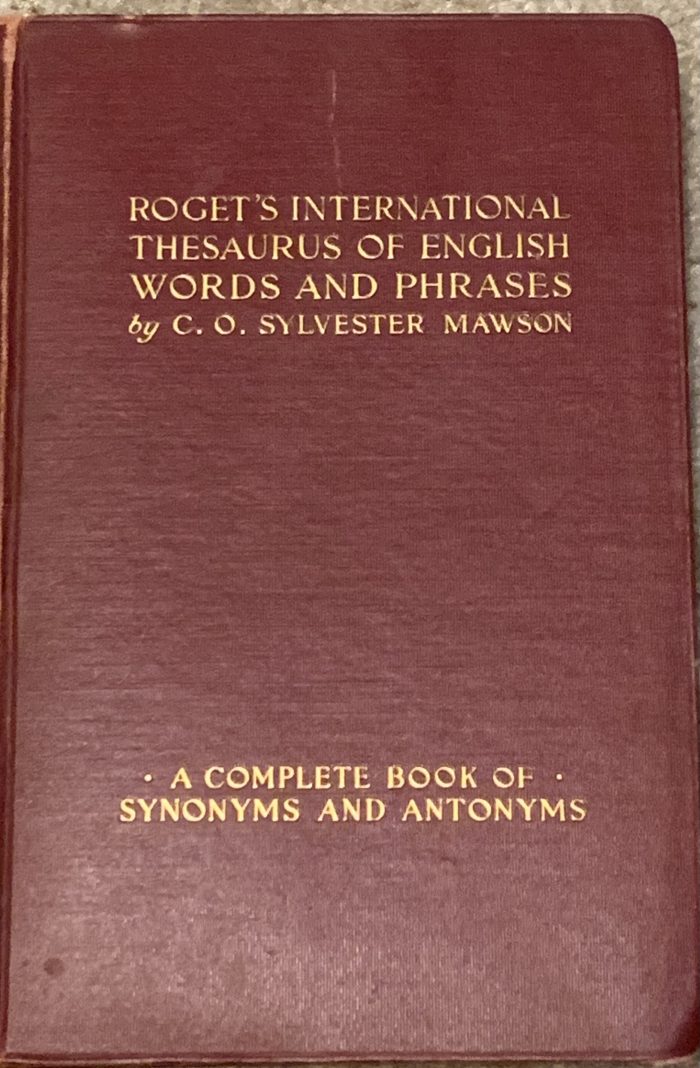Have you ever thought what a wonderful thing a thesaurus is? It’s not quite a dictionary; those give you the definition of words and sometimes examples of how to use words in a sentence. A thesaurus doesn’t do that. It doesn’t impose upon your thoughts; it strives to broaden them. Do you think you know what that word means? Well then, here are ten or twenty more words that are similar. Do you want to sound more learned? More vulgar? Are you trying to be proper or unpolished? (I used the thesaurus to find that one.)
In this age of the internet, I suppose the thesaurus seems outdated, like a card catalog. Do you need to know a definition? Google, what does this word mean? Want a few variations? Thesaurus.com, give me synonyms for this word. In fact, it’s been a long time since I opened my own thesaurus. But when I did, just a few moments ago, it was like a time machine taking me back to memories of younger days. I believe it is good for the soul to look up words in a physical thesaurus every now and again. And for those who don’t know, a thesaurus is used to find either synonyms or antonyms of words and phrases.
My mother introduced me to Roget’s Thesaurus many years ago. She had a huge paperback copy whose spine I creased in several places over the years.
Now, I own my own copy of Roget’s Thesaurus, pictured above. It is a hardback, printed in 1923. It smells kind of musty, but it is my own. I pulled it off my shelf to help me write a poem about the summer heat. There are so many words to describe heat: summer, tropical, blaze, swelter, singe, burn, fiery. The entry takes almost a whole page. Then it continues to calefaction, which is the state of being warmed. Furnace is next, then thermometer. I can use so many of the words listed in my poem. Or, I could look back in the index to find other uses for heat, like the heat of passion if I that is what I wanted to write about.
I suppose my copy of Roget’s Thesaurus is a bit out of date. In the last hundred years, I’m sure at least a hundred words were added to it, and another hundred were removed for the mere crime of being outdated, archaic, ancient, or antique (thesaurus again). But I don’t mind. I still think a thesaurus – no matter how old – is a wonderful, astonishing, marvelous thing!





